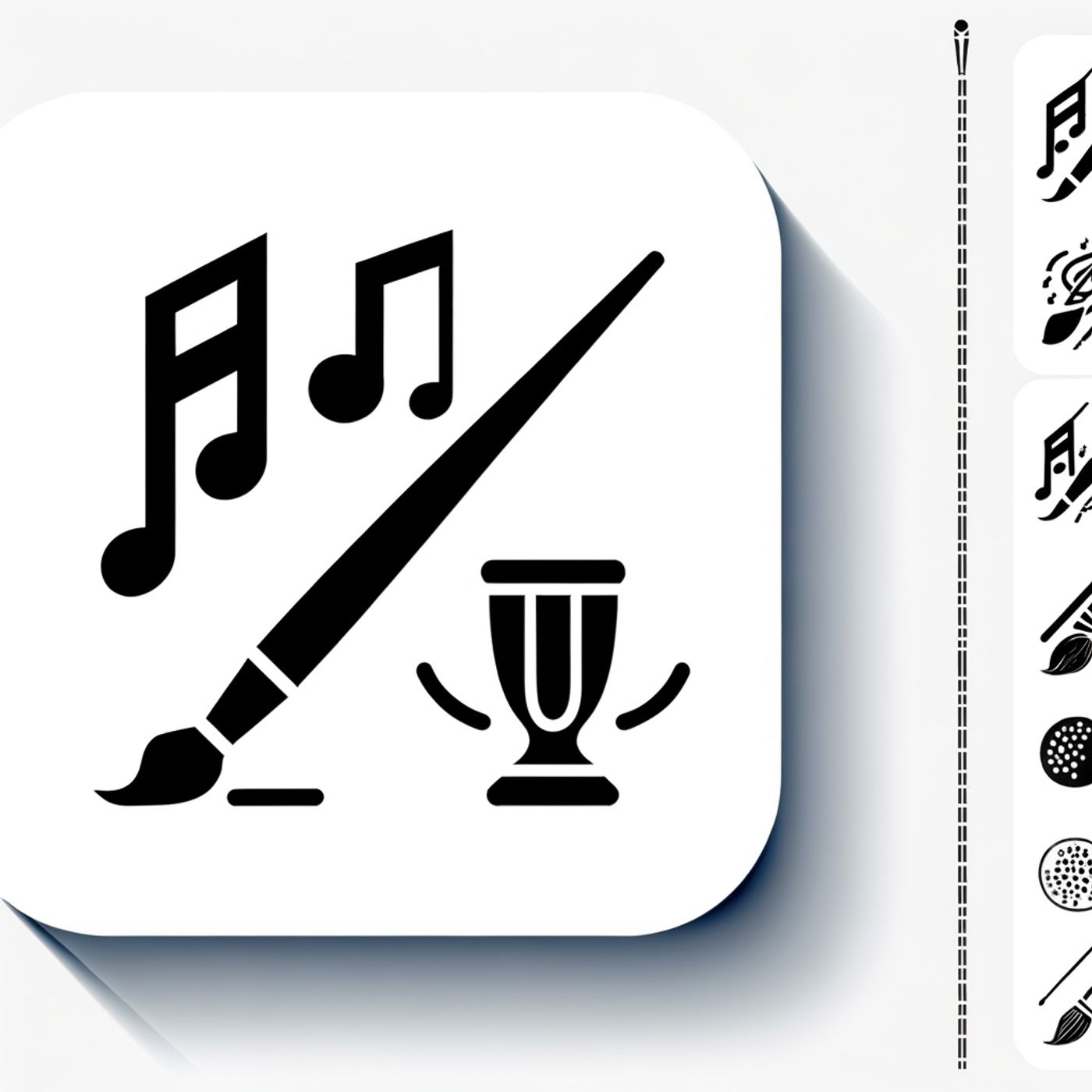Episode Details
Back to Episodes
Mastering Skills: The Science of Practice, Persistence, and Proven Strategies for Lifelong Learning
Published 3 months, 3 weeks ago
Description
Practice makes perfect isn’t just a saying—it’s backed by decades of science and real-world success. Recent neuroscience research from The Rockefeller University and UCLA reveals how repetition transforms unstable memory traces into solid, reliable networks. As you repeat a skill, your brain rewires itself, making actions smoother and recall faster. For example, Olympic athletes and concert pianists alike credit rigorous, focused practice for honing their performance. Think of Simone Biles, who spends countless hours repeating routines, or virtuoso pianist Lang Lang, whose technical mastery is the result of sustained, deliberate rehearsal.
But mastering anything isn’t a straight climb. Listeners often hit frustrating plateaus, where progress stalls—even after hours of effort. According to TeachMe.To, the solution isn’t grinding harder; instead, introduce variety into your practice. Switch up your environment or time of day, or use new learning methods to reignite motivation. The Pomodoro Method—25 minutes of effort, followed by a short break—is a science-backed way to sustain attention without burning out.
Cognitive scientist Daniel Willingham warns that brief, intense practice leads only to fleeting perfection. True expertise demands ongoing practice, past the point of initial mastery. This “overlearning” cements knowledge for the long term and enables automatic, higher-level thinking. Useful routines include breaking skills into smaller chunks, setting measurable goals, and focusing on weaknesses.
But relentless practice has risks. Burnout, perfectionism, and boredom can stifle growth. Experts stress the importance of rest, mindfulness, and reconnecting with your original motivation. Habit-stacking—like linking a short guitar session to your morning coffee—can help build consistency without overwhelming your schedule. Embrace plateaus as part of the journey; growth often comes after periods of minimal progress.
The takeaway for listeners is clear: practice builds mastery, but not overnight. Smart planning, feedback from coaches, and willingness to adapt are far more effective than repetition alone. Balance practice with rest, celebrate small gains, and remember that perfection isn’t the endpoint—it’s the process of continual improvement that counts.
This content was created in partnership and with the help of Artificial Intelligence AI
But mastering anything isn’t a straight climb. Listeners often hit frustrating plateaus, where progress stalls—even after hours of effort. According to TeachMe.To, the solution isn’t grinding harder; instead, introduce variety into your practice. Switch up your environment or time of day, or use new learning methods to reignite motivation. The Pomodoro Method—25 minutes of effort, followed by a short break—is a science-backed way to sustain attention without burning out.
Cognitive scientist Daniel Willingham warns that brief, intense practice leads only to fleeting perfection. True expertise demands ongoing practice, past the point of initial mastery. This “overlearning” cements knowledge for the long term and enables automatic, higher-level thinking. Useful routines include breaking skills into smaller chunks, setting measurable goals, and focusing on weaknesses.
But relentless practice has risks. Burnout, perfectionism, and boredom can stifle growth. Experts stress the importance of rest, mindfulness, and reconnecting with your original motivation. Habit-stacking—like linking a short guitar session to your morning coffee—can help build consistency without overwhelming your schedule. Embrace plateaus as part of the journey; growth often comes after periods of minimal progress.
The takeaway for listeners is clear: practice builds mastery, but not overnight. Smart planning, feedback from coaches, and willingness to adapt are far more effective than repetition alone. Balance practice with rest, celebrate small gains, and remember that perfection isn’t the endpoint—it’s the process of continual improvement that counts.
This content was created in partnership and with the help of Artificial Intelligence AI